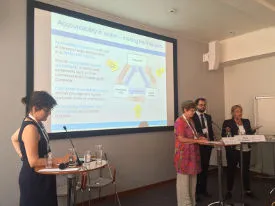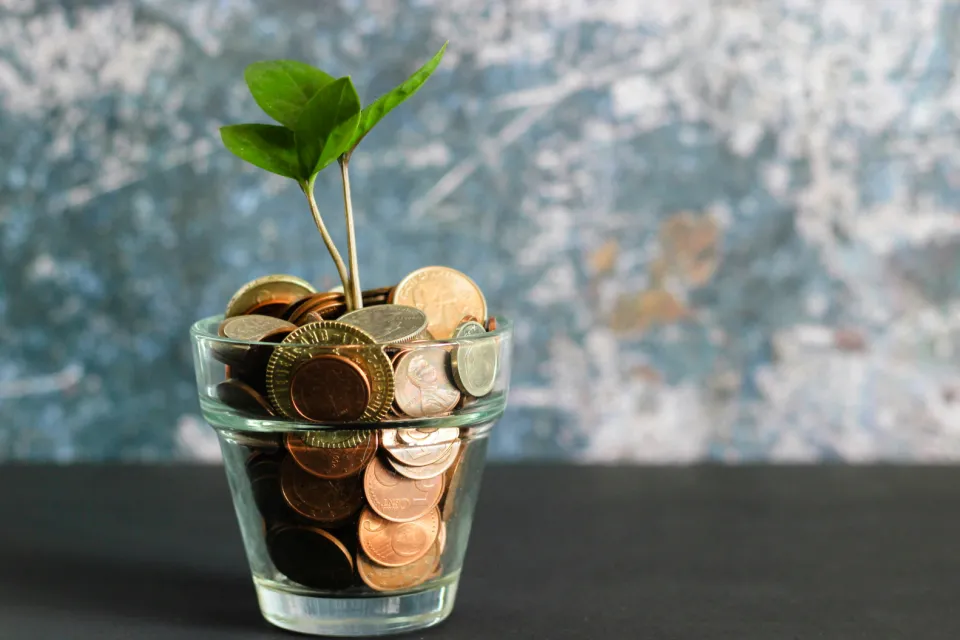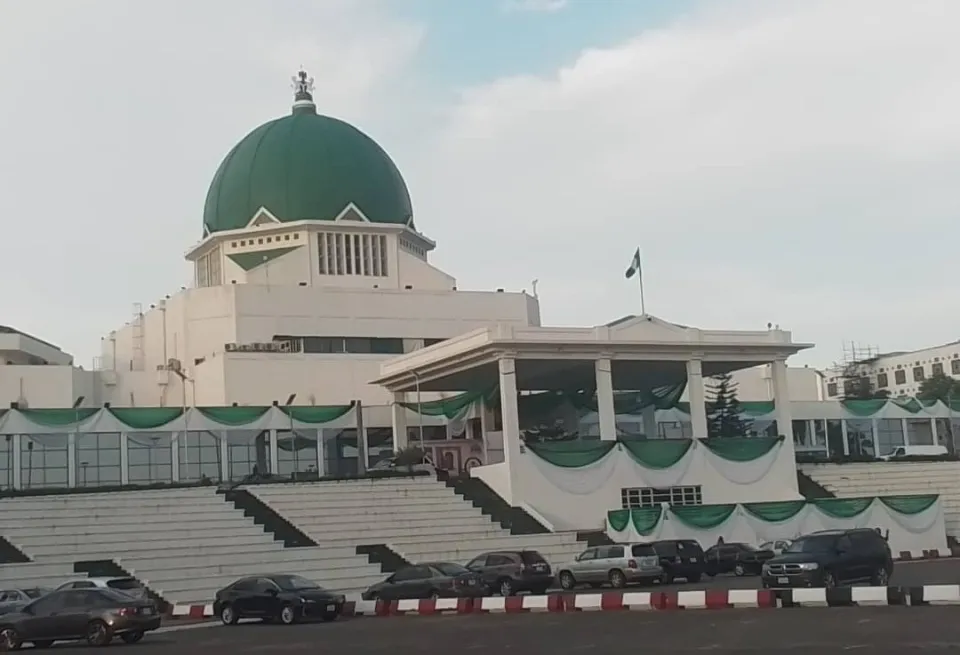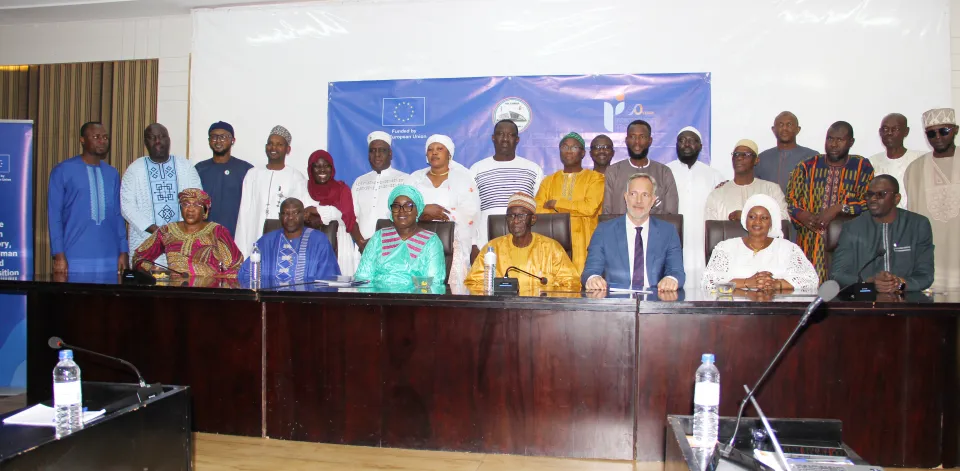
International IDEA’s Democracy and Development Programme co-hosted an event at the 25th World Water Week in Stockholm on 26 August. World Water Week is an annual conference organized by the Stockholm International Water Institute (SIWI) which attracts more than 3,000 participants engaged in water and development issues from all over the world. The theme of this year's conference was Water for Development, highlighting that water is central to the challenges addressed in the soon to be adopted 2030 Agenda for Sustainable Development.
The event, co-hosted by International IDEA, UNDP Water Governance Facility at SIWI, and Forum Syd, focused on the topic of "Democratizing Water through Accountability - from norms to reality" and was selected through a competitive process. Only a third of the submitted abstracts were selected by the World Water Week Scientific Programme Committee. The event looked at the importance of democratizing the delivery of water services and how this can be done by improving accountability relations (both social and political), in order to transform the right to water into inclusive development.
Approximately 45 participants from countries including Brazil, the Democratic Republic of the Congo, Ghana, Guatemala, India, Kenya, Rwanda, Spain, Sweden and the United Kingdom took part in the event. Ranging from academia and water service providers to representatives of NGOs and local governments, participants engaged in discussions which even continued after the event’s end.
A key feature was a case shared by Moses Mwangi, national secretary of the Muungano Support Trust in Kenya, about the Jua Jimbo Project in Molo (a sub-county of Nakuru county in Kenya). The goal of the project was to improve accountability in water service delivery by empowering people living and working in Molo to access their rights. In a buzz-group exercise, participants reflected on what they would have done to tackle the challenges in Molo, had they been local politicians, water service providers, or persons living or working in the community.
Mwangi said the biggest obstacles to improved accountability in water services are community apathy, duty bearers not listening to the community, and lack of political good will. The panel discussion that followed focused on how to overcome such obstacles and panelists included Inger Björk, thematic advisor on Environment and Climate Change at Forum Syd; Alberto Fernández, programme officer of the Democracy and Development Programme at International IDEA; and Cecilia Scharp, senior advisor on WASH at UNICEF. Mr. Fernández shared why accountability is important to International IDEA: “We believe that accountable services are better services. Services based on feedback from those using the service are bound to be better, to respond to their human rights and needs.”
One way in which International IDEA works to strengthen accountability mechanisms is by supporting assessments of accountability in public service delivery. The assessments are based on International IDEA’s Democratic Accountability in Service Delivery Assessment Guide, and the goal of the assessments is to generate reform proposals that would improve or establish new democratic ways of holding duty bearers accountable for public service delivery. The guide, which was also one of the resources used for the event, is a tool for assessing whether there are ways for claim holders to raise concerns, come up with suggestions, and leave feedback on a service; whether duty bearers respond to feedback; and whether duty bearers face consequences – rewards or sanctions – when they succeed or fail to be responsive. So far, the guide has been used by assessment teams in Bolivia, Haiti, Malawi and the Philippines.
When participants and panelists shared their key takeaways from the event, Fernández asked everyone to keep in mind that transparency is fundamental. He noted that full transparency can scare duty bearers, but that it is important to retain information on the whole process – since it is impossible to hold anyone accountable without it.
The event was co-facilitated by Helena Bjuremalm, senior programme manager of International iDEA’s Democracy and Development Programme, and Dr. Marianne Kjellén, programme director of the UNDP Water Governance Facility at SIWI. At the end of the session the co-facilitators thanked all speakers for their contributions to an engaged and insightful event, and Mr. Mwangi concluded by urging all participants to “engage and involve!”
Read more about the event in World Water Week Daily, a daily newspaper published during the conference with a circulation of 700 and made available online, free of charge



